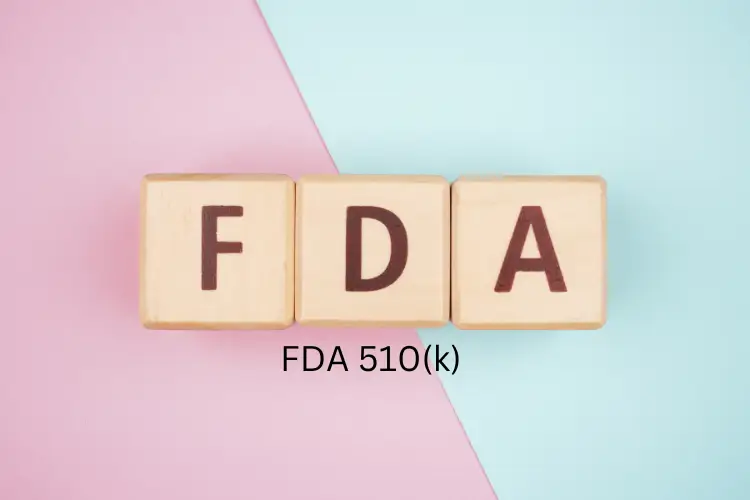Navigating the FDA 510(k) submission process can be a daunting task for medical device manufacturers. This regulatory pathway is essential for gaining market clearance for devices that demonstrate substantial equivalence to legally marketed predicates. However, even the most well-prepared companies can make mistakes that lead to delays, increased costs, or outright rejection of their submission.
Understanding the pitfalls and how to avoid them can save time, resources, and frustration. This article will ponder over areas where errors commonly occur. It will also expand on the necessity of working with an FDA 510k consultant for a seamless process.
Insufficient Understanding of Predicate Devices
Predicate devices are crucial benchmarks for establishing that a new product is substantially equivalent to an existing, legally marketed device. However, selecting the wrong predicate device can cause significant challenges during the review process. Some companies choose predicates without fully analyzing their intended use, technical specifications, or compatibility with the new product.
Additionally, failing to provide sufficient data to support the comparison further weakens the submission. Conducting a thorough analysis of potential predicate devices, including their relevance and compatibility, is essential to build a strong, credible, and compliant submission.
Overlooking Performance Testing Requirements
How can companies demonstrate that their product meets the required safety and performance standards? The key lies in conducting thorough and robust testing. A common oversight is failing to perform the necessary performance tests or submitting incomplete or poorly documented results. Regulators expect comprehensive, detailed testing reports.
Missing or inadequate data can lead to additional questions, delays, or even outright rejection of the submission. To avoid these issues, companies must carefully review applicable testing guidelines, ensure all tests are conducted properly, and provide clear, complete results.
Poorly Written or Disorganized Documentation
Poorly written or disorganized documentation is a common reason for delays during the regulatory review process. Regulators depend on clear, concise, and well-structured information to assess the safety and effectiveness of a product. Submissions that include irrelevant details, inconsistent formatting, or unclear language can frustrate reviewers and slow down the evaluation.
To avoid these pitfalls, companies must focus on creating documents that are easy to navigate and address all required elements comprehensively. Investing in technical writing expertise or conducting thorough internal reviews can help eliminate errors, enhance clarity, and ensure that the submission meets the regulatory standards for quality and precision.
Neglecting Post-Submission Communication
Does the process end after the submission is sent? Many companies mistakenly assume that their responsibilities are over once the paperwork is filed. In reality, ongoing communication with regulators is a critical part of the review process. Regulators may request additional data, clarifications, or explanations to assess the product thoroughly.
Failing to respond promptly or providing incomplete information can result in significant delays or even rejection. To avoid these setbacks, companies should designate a knowledgeable point of contact and establish a system to manage regulatory inquiries. Proactive and timely communication not only ensures smoother interactions but also helps expedite the approval process.
The Essential Role of an FDA 510(k) Consultant
Engaging an experienced FDA 510(k) consultant can make a significant difference in the success of a submission. These professionals bring a wealth of knowledge and expertise in navigating intricate regulations, helping companies avoid common pitfalls and costly mistakes.
Consultants are adept at identifying suitable predicate devices, ensuring documentation is complete and well-organized, and interpreting testing requirements to meet regulatory expectations. They can also facilitate pre-submission meetings, manage communication with the FDA, and address any requests for additional information promptly and accurately.
Navigating the FDA 510(k) submission process can be complex, but avoiding common mistakes can save time, money, and frustration. Engaging an experienced FDA 510k consultant can provide invaluable guidance, helping companies plan, prepare, and address challenges effectively. By prioritizing preparation and maintaining open lines of communication, companies can streamline their journey to regulatory approval and bring innovative medical devices to market with confidence.




